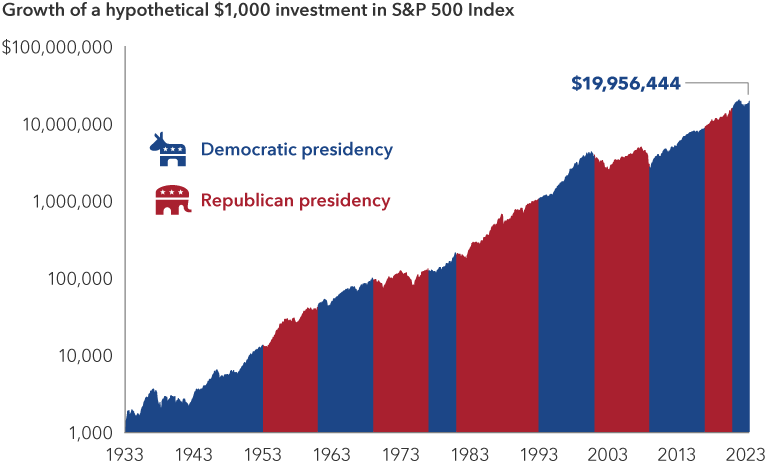Whoever said, “Avoid talking about religion and politics,” would find it difficult to make conversation in today’s world. Politics, in particular, is a subject that is becoming impossible to avoid — even for financial professionals. Clients are more likely to be open about their political views, to ask politically motivated questions, and to pay close attention to the answers.
In some respects, this makes perfect sense because politics and policy can impact your personal finances. Whatever their political leanings, clients may expect you to help them understand whether adjustments are needed to their financial plans, tax and estate plans, or investment portfolios. Or they may need to be talked out of short-term decisions made in reaction to the latest political drama.
The risk, of course, is alienating anyone with your own political views, which have no relevance in the advisor-client relationship. Even if you have strong political opinions and believe your clients generally agree with you, there may be minefields of sensitivity that you are unprepared to encounter.
Have the conversation, but approach it thoughtfully, says Paul Cieslik, an Advisor Practice Management consultant at Capital Group. “It helps to have a systematic and repeatable approach you can use when these conversations arise,” he says.
Here are five easy steps to help you keep the conversation on neutral but productive ground.



